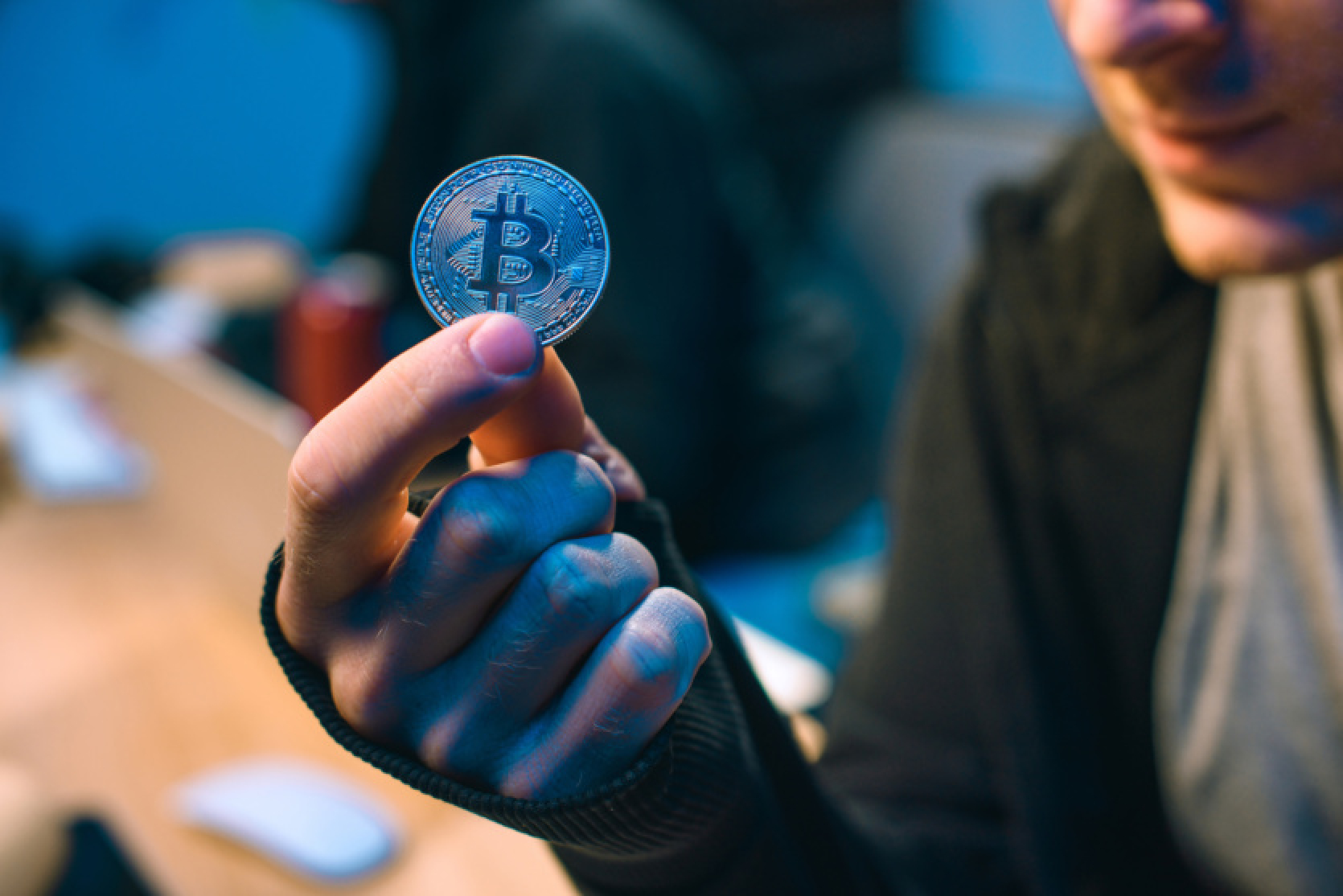The discussion is about a popular scam type with "address poisoning" - when scammers create fake accounts with a fake cryptographic address that contains similar first and last characters to a real one.
One of such cases was recently discovered by the blockchain security firm CertiK, noting that the victim lost $69.3 million - around 97% of their assets on Coinbase.
Our system has detected a transfer of 1,155 WBTC (~$69.3m) to an address linked to address poisoning
EOA 0xd9A1 mimicked a transfer of 0.05 ETH which led the victim to send the funds to the wrong address
Stolen funds are here https://t.co/m2xpJW0QIZpic.twitter.com/PWFhEsEN2G
— CertiK Alert (@CertiKAlert) May 3, 2024
Another company, Peckshield, clarified that the scammers exchanged the stolen bitcoins for 23,000 Ethereum, and then transferred the funds to another address (according to The Daily Hodl, Ethereum is trading at $3116 per coin).
#PeckShieldAlert#Phishing A whale 0x1E22…8FD5 lost ~1,155 $WBTC (worth ~$71 million) after falling victim to address poisoning.
The phisher has swapped the stolen $WBTC for ~23K $ETH & transferred them out pic.twitter.com/dr7eTYQkAX— PeckShieldAlert (@PeckShieldAlert) May 3, 2024
Experts from the crypto platform Trezor recommend conducting small test transactions before sending a large sum and paying closer attention to the numbers in the address being used for the transfer.
According to the FBI, in 2023, cryptocurrency-related fraud caused $3.94 billion in damages to the industry - more than three quarters of the losses from investment fraud committed throughout the year.
Another report notes that fraud involving the so-called "pig butchering" scam cost investors $75 million between 2020-2024. Criminals operating this scheme usually use social media or dating apps to identify potential victims - subsequently building trust with them (sometimes romantically), sending small payments, and enticing them into larger fake crypto investments.














Comments (0)
There are no comments for now